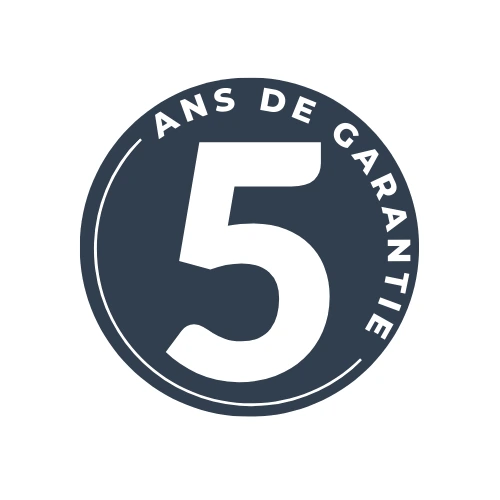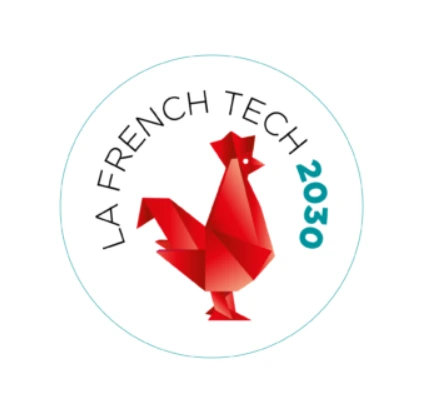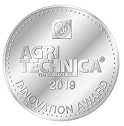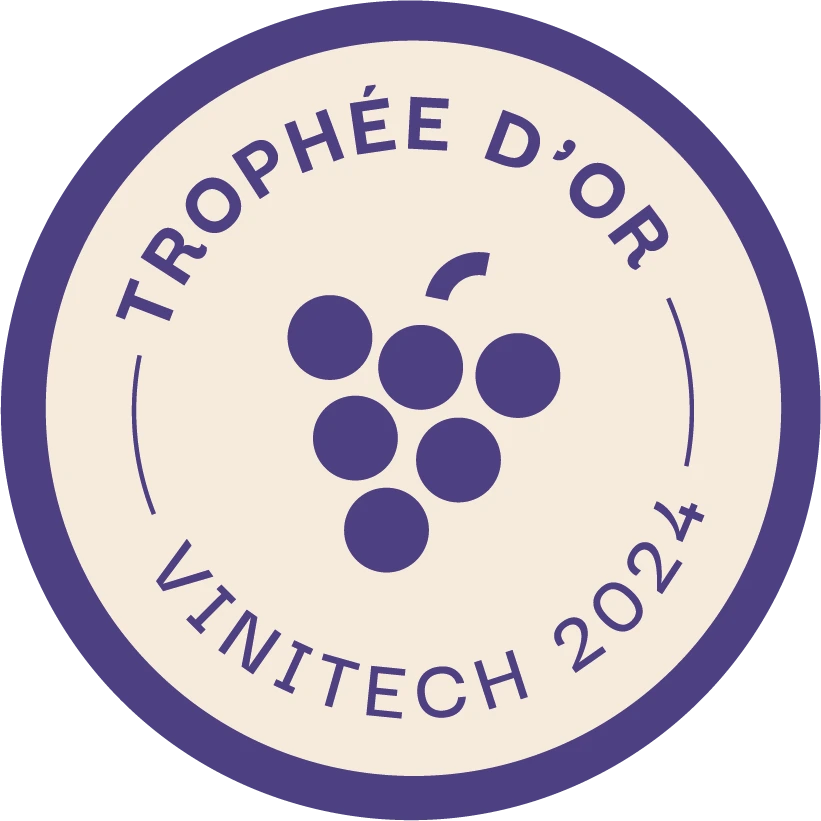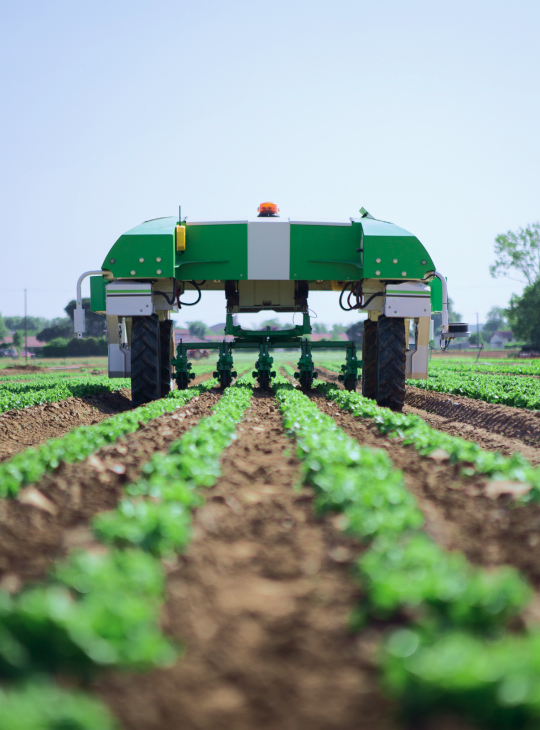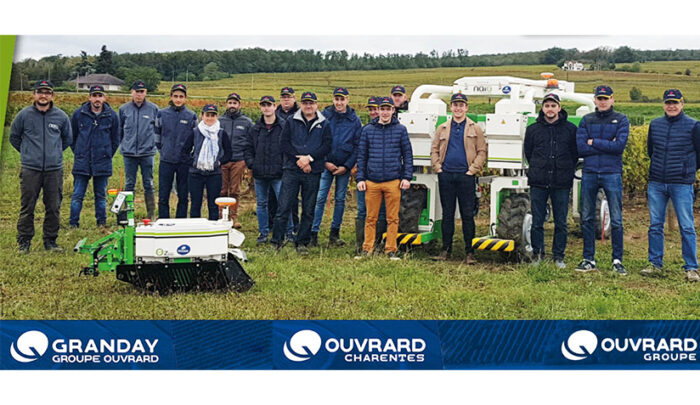
Ted is starting to be emulated. Two robots are now working in the Cognac zone and the region of Beaune respectively, under the stewardship of the specialist teams of the Ouvrard Group (Ouvrard Charentes and Ouvrard Granday), distributors of agricultural equipment. Pascal Legrix, director of the company in Charente and Charente-Maritime, passes on to us some elements of this partnership which he hopes will be sustainable and will have a future for wine growing in the region.
Respond to consumers’ requirements regarding the environment
In the Cognac zone, for many years there has been a strong trend towards reducing chemical treatments, “but in the last 3-4 years, we have really been aware of an acceleration of this momentum with wine producers” says Pascal Legrix.
“The great Cognac houses are closely studying consumers’ requirements. The environmental aspect is a strong commercial argument nowadays, which falls in with the development of the company. HVE-type labelling (Haute Valeur Environnementale – High Environmental Value) is one of the answers”. For the company’s director, mechanical weeding is a direct consequence of this.
For the production of Cognac, perhaps more importantly than for traditional wine, anticipating the challenges and needs of markets is of prime importance. “The fruit of today’s effort will in fact only be consumed 8 to 10 years later on!”.
On the other hand, it is difficult to find manpower to work in wine growing. “The job pool is very competitive in this sector in the areas of Charente and Charente-Maritime”. So, using Ted perfectly compensates the problems of taking on employees to work in the wine growing sector and the environmental requirements.
Allowing farms to explore the robot, thanks to service provision
“Robotics is a new field, but at Ouvrard we have always seen ourselves as pioneers. The distributorship has been present even when precision agriculture and remote tracking were only taking their first tentative steps. Nowadays, the group has set up a robotics commission to develop this activity with Ted.
One employee will be responsible for the robot in the field. “We are going to take the time to allow wine producers to find out more about Ted. At first, we will operate through demonstrations and service provision”.
Developing tools adapted to local wine-growing structures
The key to the exchanges between Naïo Technologies and the Ouvrard Group is the desire to progress side by side. “We consider Naïo Technologies to be a partner and not a supplier. This is a real opportunity to reflect on the future of wine-growing technical itineraries”.
Co-development is one of the objective of this working together. The teams from both companies were able to exchange ideas during a full training session on the robot several weeks ago. An exciting thought for the Ouvrard Group employees, who are highly enthusiastic about technology and innovations. “Ted’s work was remarkable, even more so as the robot has already been able to take advantage of big changes since its market launch”.
The advantage of the Ouvrard Group is also its experience and local expertise. “We are already fitting inter-vine blades and earth-crumbling wheels onto towed equipment. We will also do it with Ted” highlights Pascal Legrix.
The first operation on receipt of Ted had thus long been planned: “measuring the robot in order to study how to adapt tools for working the soil!”. Since then, other projects are being studied for testing other robots in the range – and why not?
